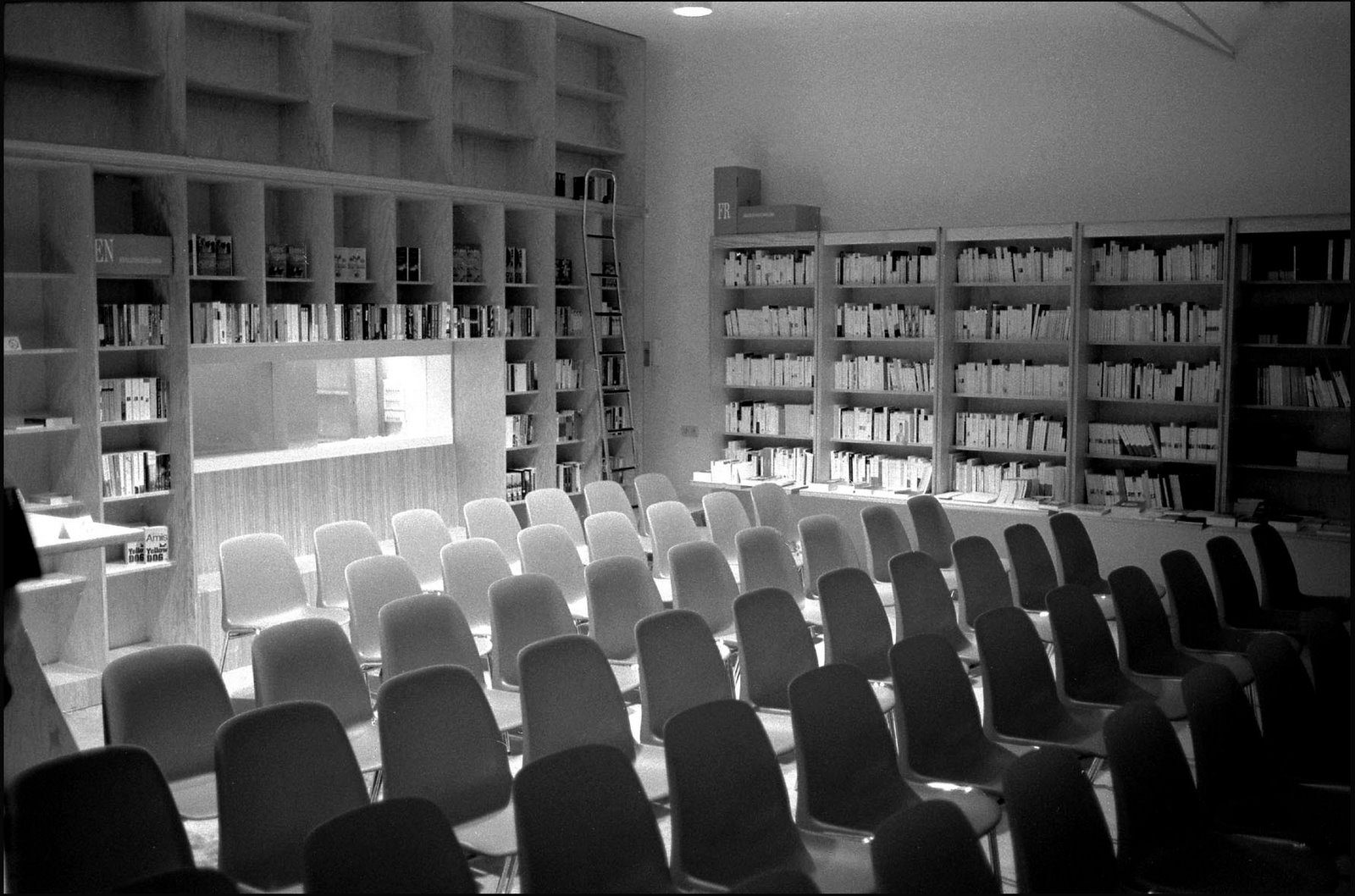
Writer in residence Neel Mukherjee is staying in Passa Porta’s writer’s flat. He blogs weekly on this experience, the texts are posted on the website of project partner the British Council and of host Het beschrijf.
Blog #4The act of writing, when it goes well, is a kind of restlessness for me. I pace up and down in between sentences, a lot of the times even mid-sentence. It’s a jittery kind of excitement, knowing, yes, I can write about this small thing, a sentence or two at a time, which does not reflect dullness or lifelessness back at me. I’m in a meditative stupor when things are NOT going well. So I’m at my most attentive to the outside world, paradoxically, when the inside world is becoming more and more credible to me. It’s no secret how much I value indolence, idleness, and the attendant boredom that is a natural consequence of having the luxury of time. One of the things that I do when I hit that strangely beautiful boredom-in-idleness is to look out of the window a lot; my time in Brussels has been an intermittent yet long narrative of that gazing.
There is a luxuriant honeysuckle creeper, miraculously still in flower, on the corner of Oude Graanmarkt and Moutstraat, against the edge of one wall of the Greek restaurant Menelas, directly opposite one of the windows of the front room that looks out onto the square (which is not actually a geometric square, more a narrow quadrilateral very gently tapering towards my side of things). What must they have been thinking to want to name a restaurant after Western literature’s greatest cuckold? On the window of the first-floor-apartment adjacent to ‘Menelas’, an umbrella palm, a spider plant, a weeping fig, and a succulent whose name I do not know. In the window of the apartment on the same level but in the next building, two unmistakable scented-leaf pelargoniums. And I thought I was the only person who grew them indoors. The world is the same everywhere.
The second building down Moutstraat is a school. Three times a day, at 12, 2 pm and 3:30 pm, it spews out large groups of children and teenagers: noisy but never rowdy or misbehaved, they briefly hang out in street corners, full of swagger and chatter and laughter. They seem so happy, all of them. They do brief dance moves, play with their cellphones, josh each other, stand in little groups, bubbling over with friendliness and joy and life. The world really is the same everywhere.
And the first building, the one closest to me, right next to the school on Moutstraat? It’s a construction site. My heart sank when I first saw it but in the nearly six weeks that I’ve been here I don’t remember being disturbed by construction noise – and what can be worse than that? – at all except for a brief period in the middle of one day only. The name of the building company is Herpain. To the English-dominated ear, what does that sound like? A gender-joke in bad taste about labour? An unpleasant transmittable disease? Odd, the things and details one picks up: I know the name of the laundry services used by Atlas Hotel next door (Fortex, in case you’re interested). They take away the bedlinen in pink-and-blue candystriped cloth bags and the towels in blue-and-green striped ones. The bags resemble huge bolsters.
A man cycles past on the square, bearing a huge origami of a dinosaur at the back of his bicycle. The world is not the same everywhere; every place is different.




